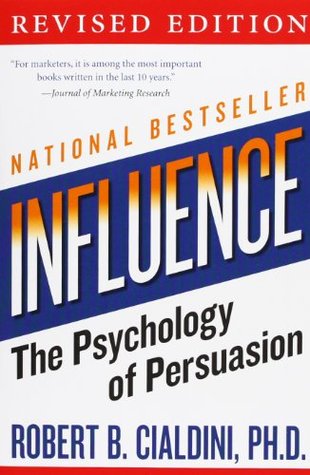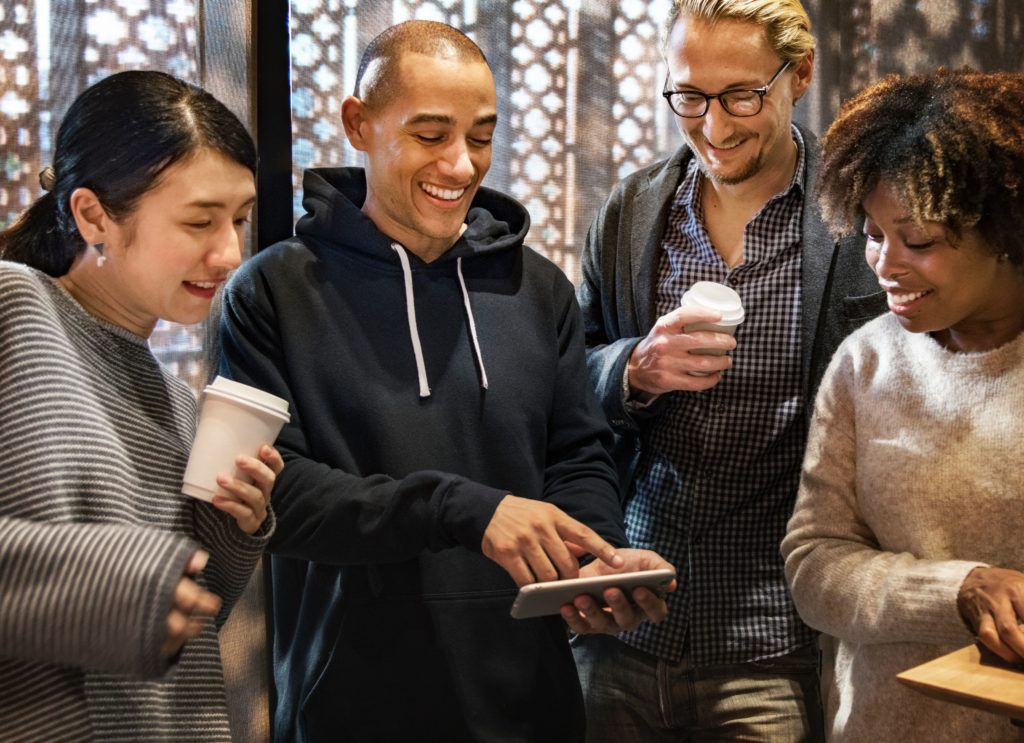The Psychology Behind Referrals and Why They Work

Sharing is caring. It’s fluffy and nice to think about, but if we get into the knitty-gritty of it, why is referral marketing so effective? What is it about human nature that compels us to share when being selfish seems like a more direct line to owning more things?
The reason is because we are social beings of course. We don’t live in a vacuum. How we interact with others strongly influences the outcomes of our lives. We learned early on that it was easier to fight sabertooth tigers as a community, and therefore it was in fact in our best interest to share the little food we had. As a result, various psychological triggers have been ingrained into our psyches as we evolved over the past million years. For the purposes today of understanding what drives referral marketing to be successful, we will talk about social proof, the law of reciprocity, and perception from others.
Social Proof
Social proof is a relatively recent term coined by Robert Cialdini in his 1984 book, Influence. This has come alongside the term “social” becoming a buzzword as social network sites has fundamentally changed the way we interact with the world. The concept is quite simple. We look for and take the social cues around us to inform our decisions, especially when there is uncertainty about what decision is best.

You can see how social proof can become an attractive concept for marketers. After successfully getting the attention of prospective customers, marketers can leverage the past experiences of their peers to push them over the edge to make the purchase. The social proof can come in various forms. One common form is the rating systems seen on many websites. When making a purchase on Amazon or searching for a restaurant on Yelp, the ratings by others can strongly influence your decisions.
For referral marketing, social proof is a factor since you receive referrals from your peers. Seeing a referral from your friend equates to them putting their stamp of approval on the referred product/service. If their peers approves of the product, social proof entices them to similarly like the product. Also, if an influencer they respect recommends a product on their social media, this likewise serves as social proof that the product is worth trying.
Law of Reciprocity
The law of reciprocity is when someone feels the need to give back to someone who has helped them or given them something in the past. It’s the reason you sometimes get those mint chocolates with your bill (I loved those mint chocolates, we don’t get them here in Japan.). The idea is that you will feel the need to reciprocate and give a bigger tip.

This human condition is an important aspect of referral marketing. When a new customer lead receives a gift, they feel indebted to both their friend who gave the gift and to the business from which the gift originated. This leads to a greater desire to become your customer, and in fact a referred customer has a 25% higher lifetime value and 37% higher retention rate compared to a typical customer. At the end of the day you need these numbers to work in your favor as so in order to justify using this marketing strategy.
Perception from Others
Another reason we share is, yes, because we want to look good. We want others to admire and respect us. We want others to think we are smart, cool, and nice. There is nothing wrong with that of course. If we do so in a way that helps and benefits others, then we all come out happy and on top.
Your brand, products, and gifts must satisfy this desire. Your customers will not like sharing something that makes them look bad. Make sure your gift is not something that can be perceived as cheap, and that your products reflect the hard work and passion you put into it. If your product does not meet these standards, perhaps you should focus your efforts in other places.
Referral Marketing Works
Our psyche has evolved to work well for referral marketing. The numbers show it. 77% of consumers are more likely to purchase a product after learning about it from friends or family, 55% of consumers share their purchases on social media in some form, and word of mouth is at least 2 times more effective than paid ads.

Bazuru is aware of these facts (that’s why we’re so focused on it!!), and we want to bring the power of referrals to your business. If you are interested or have any questions feel free to follow us on Facebook, and sign up for your free shop account today!


